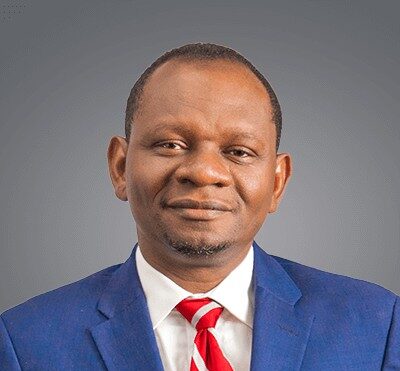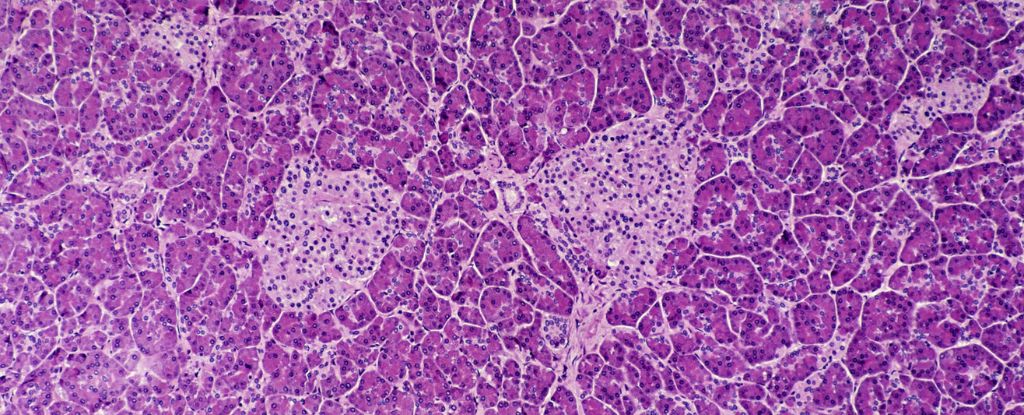Place your adverts here on InfoDig @ low rates; banner ads, sponsored links and guest articles etc. Contact us
 The executive director, National Primary Health Care Development Agency, Dr. Muyi Aina.
The executive director, National Primary Health Care Development Agency, Dr. Muyi Aina.The Federal Government has emphasised the need to optimise healthcare governance to reduce fragmentation among government institutions and improve coordination between stakeholders in the healthcare sector.
Executive secretary of the National Primary Health Care Development Agency (NPHCDA), Dr. Muyi Aina made this call on Tuesday in Abuja during a policy dialogue focused on optimising healthcare governance for effective policy implementation.
The dialogue, organised by the Healthcare Federation of Nigeria (HFN)—a coalition of private sector stakeholders—centered on sustainable health system reforms in Nigeria, under the theme “Private Sector Support for Sector-Wide Approach (SWAp) in Healthcare.”
Globally, effective healthcare governance is crucial for ensuring that health systems meet the needs of populations, while promoting quality, accessibility, and efficiency. The dialogue aimed to address the challenges plaguing Nigeria’s healthcare system and foster collaboration between the public and private sectors to drive reform.
HFN highlighted the need for the dialogue to incorporate international expertise and best practices to support the government’s reform agenda, with the ultimate goal of achieving Universal Health Coverage (UHC) and improved health outcomes for all Nigerians.
Aina, represented by Dr. Oritseweyimi Ogbe, noted that a lack of collaboration between stakeholders often leads to the duplication of efforts and wasteful resource utilisation, which hinders the sustainability of health initiatives.
He emphasised the importance of stakeholders—including NGOs, international partners and local communities—working closely with the government to ensure effective policy execution. He reviewed key healthcare policies, such as immunisation drives, maternal and child health programs, and primary healthcare improvements, that could benefit from a more integrated approach.
Aina also called for governance structures that not only implement policies but also ensure their long-term sustainability by addressing inefficiencies and resource constraints.
Managing director of Almond Healthcare Services Limited and Consultant on Health to the Association of Local Government of Nigeria (ALGON), Dr. Ben Nkechika pointed out that while local government areas (LGAs) are responsible for primary healthcare services, they do not manage primary health centres. He stressed that the government must establish proper systems to ensure people have access to quality health services, which is essential for effective service delivery.
The head of policy and programmes at the Private Sector Health Alliance of Nigeria (PSHAN), Dr. Anne Adah-Ogoh argued that the country must shift its perspective on healthcare from viewing it solely as an emotional issue to recognising it as a critical business sector with significant potential for returns on investment.
By treating healthcare as a business, she said, Nigeria can unlock resources and innovations that enhance patient care while contributing to economic growth and boosting the country’s GDP.
Healthcare stakeholders have long pointed out that poor coordination in the sector has led to inefficiencies in resource allocation, duplication of efforts and misaligned priorities that fail to address the most urgent health challenges. This is where the sector-wide approach (SWAp) becomes essential.
SWAp offers a transformative approach by bringing all stakeholders—government, donors, NGOs and the private sector—under a unified policy and planning framework. This ensures that development efforts in the healthcare sector are coordinated, aligned with national priorities, and led by the Nigerian government.
President of the Healthcare Federation of Nigeria (HFN), Dr. Pamela Ajayi stressed the importance of private sector involvement in achieving Universal Health Coverage (UHC) in Nigeria.
“We are driven by the urgency of achieving UHC, with the private sector playing a central role,” Ajayi said. “This dialogue seeks to explore how the private sector can contribute to the effective implementation of the SWAp initiative, ultimately improving health outcomes nationwide.”















 English (US) ·
English (US) ·